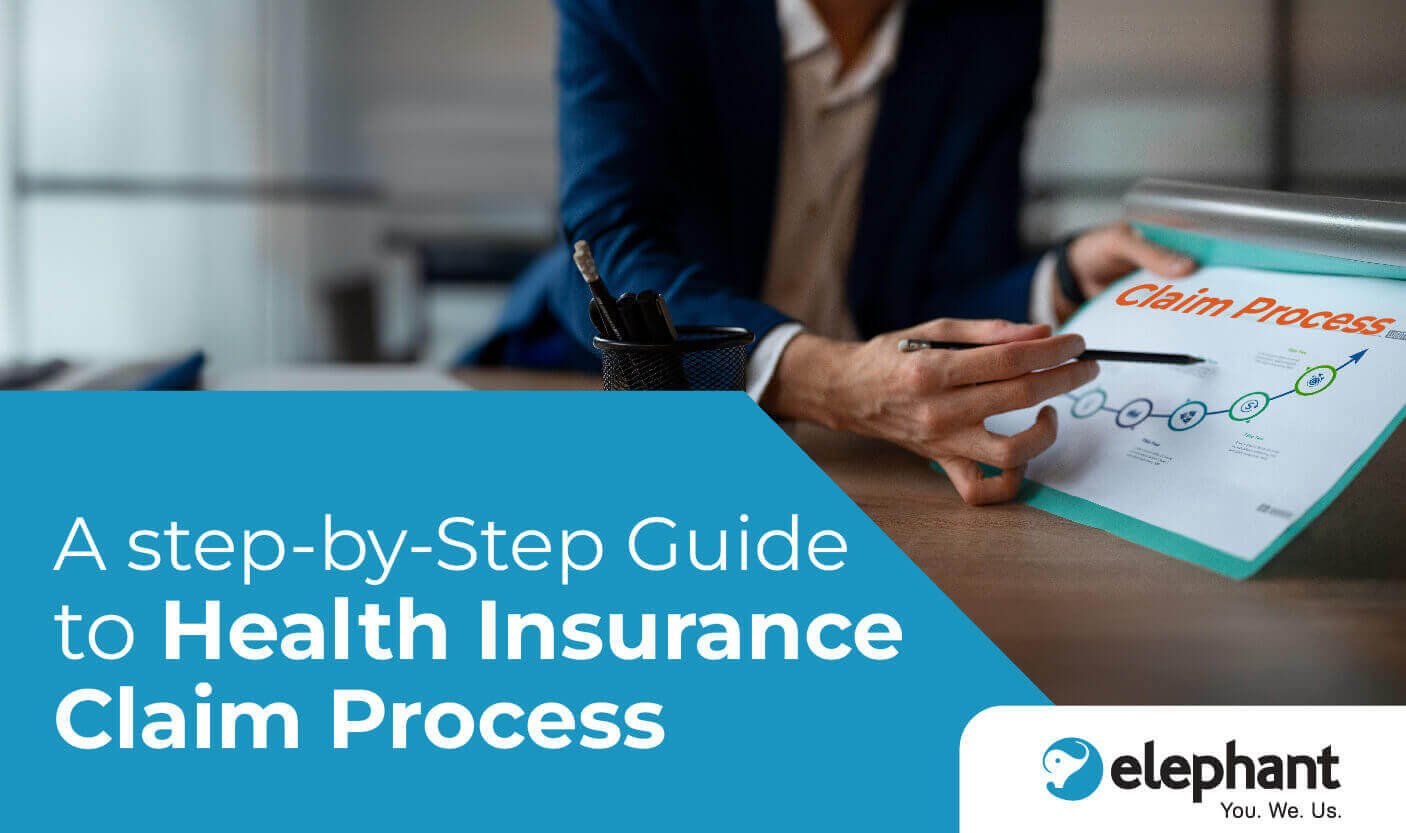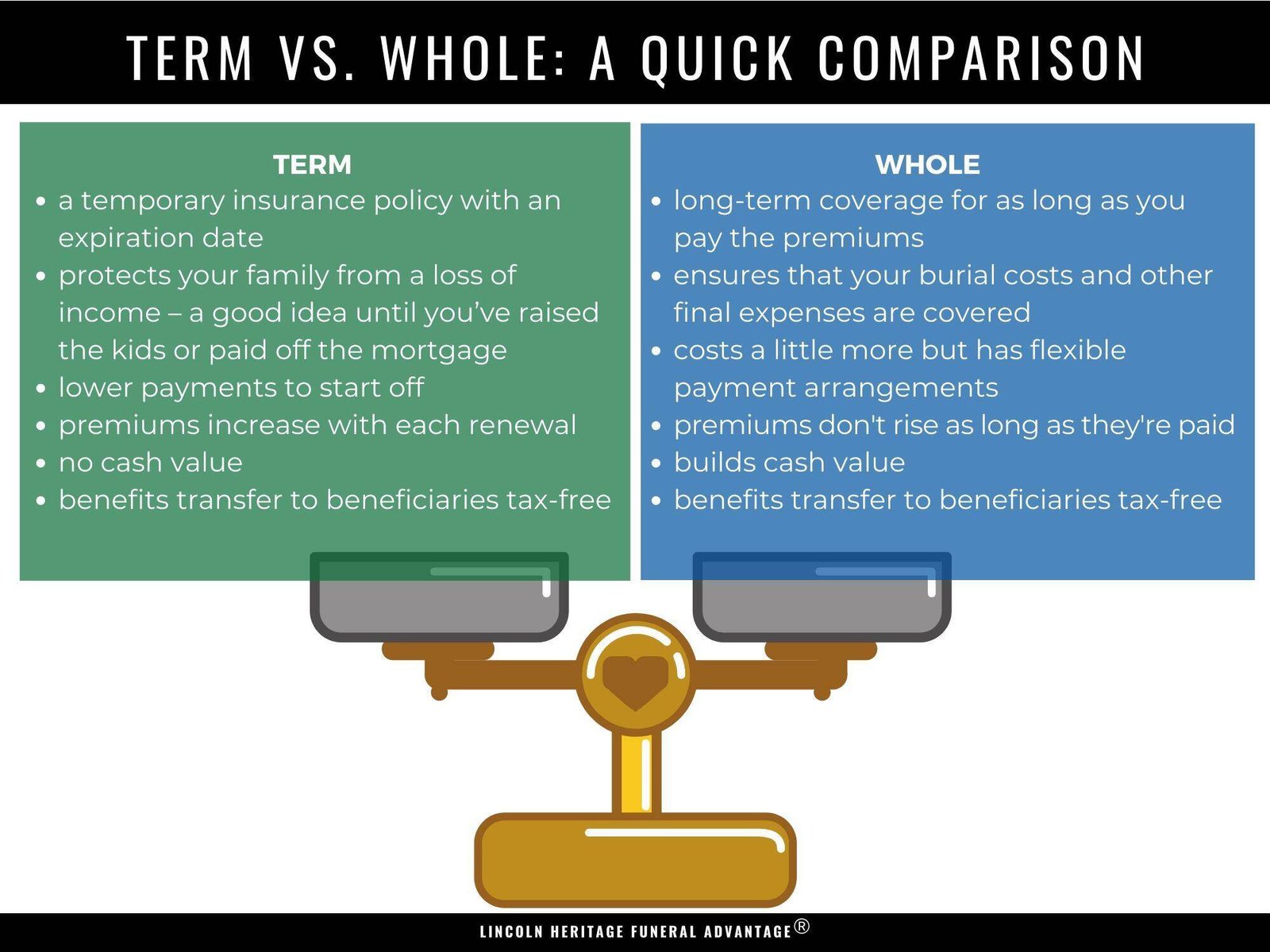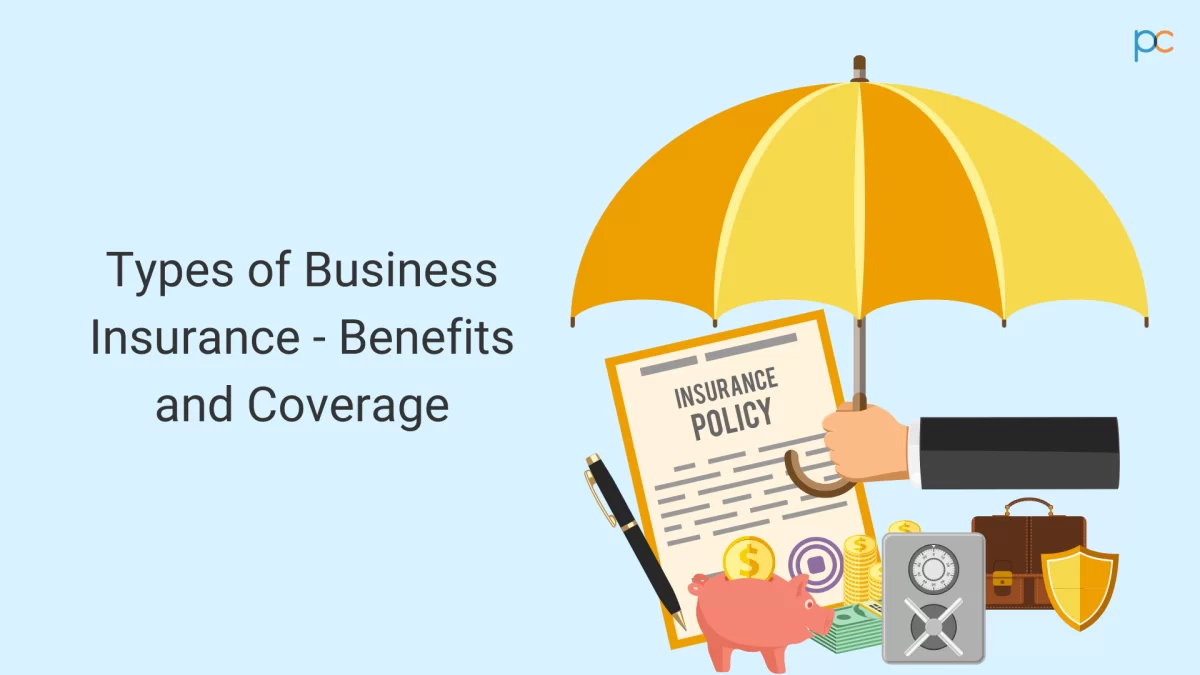A Guide to Preventive Care, In-Network Savings, and Online Management
Getting the Most Out of Your Health Insurance: A Guide to Preventive Care, In-Network Savings, and Online Management
Health insurance can feel complicated, but it’s a valuable tool for managing your well-being and avoiding unexpected medical costs. This blog post will equip you with the knowledge to maximize your health insurance benefits and take charge of your health.
We’ll delve into three key areas:
- Preventive Care: Understanding the importance of preventive care benefits and how to utilize them effectively.
- In-Network Savings: Mastering the in-network provider system to save money on medical services.
- Online Patient Portals: Leveraging online tools to manage appointments and keep track of your health information.
The Power of Preventive Care
Most health insurance plans cover preventive care services. These proactive measures are designed to identify potential health problems early on, when they’re often easier and less expensive to treat. Here’s why preventive care matters:
- Early Detection: Preventive screenings can detect diseases like cancer, diabetes, and heart disease in their early stages, leading to better treatment outcomes and potentially saving your life.
- Reduced Costs: Early intervention is generally less expensive than treating a condition once it progresses. Catching problems early can avoid costly hospitalizations and emergency room visits.
- Improved Health: Regular checkups allow your doctor to monitor your overall health, identify potential risks, and adjust your care plan as needed. This proactive approach can help you stay healthy and active for years to come.
Common Preventive Care Services Covered by Insurance:
- Annual Checkups: These routine visits allow your doctor to assess your overall health, discuss any concerns you may have, and recommend preventive screenings.
- Vaccinations: Regular vaccinations can protect you from serious diseases like influenza, pneumonia, and shingles. Some plans also cover immunizations for certain travel-related diseases.
- Screenings: Depending on your age, gender, and risk factors, recommended preventive screenings may include mammograms, colonoscopies, pap smears, and blood tests for cholesterol and diabetes.
Maximizing Your Preventive Care Benefits:
- Know Your Coverage: Review your insurance plan documents (often called “Explanation of Benefits” or EOB) to understand what preventive care services are covered.
- Schedule Regular Checkups: Talk to your doctor about how often you should schedule routine checkups and preventive screenings.
- Ask Questions: Don’t hesitate to ask your doctor about recommended preventive care based on your individual health needs.
- Don’t Delay: Don’t put off preventive care because you feel healthy. Remember, early detection is key!
In-Network Savings: Staying Within Your Insurance Network
Health insurance plans typically have a network of contracted providers, including doctors, hospitals, and other healthcare facilities. Here’s the benefit of using in-network providers:
- Reduced Costs: In-network providers have negotiated lower rates with your insurance company. This translates to significant savings for you when you use their services.
- Coverage Predictability: In-network care is typically subject to pre-determined copays and coinsurance charges, making budgeting for medical expenses easier.
- Simplified Billing: In-network providers often work directly with your insurance company to handle billing, saving you time and hassle.
Finding In-Network Providers:
There are several ways to find in-network providers:
- Insurance Company Website: Most insurance companies offer online directories where you can search for in-network providers by location, specialty, or even language.
- Patient Portal: Many health plans offer secure online patient portals where you can access provider directories and other plan information.
- Provider’s Website: Many healthcare providers list their insurance affiliations on their websites.
Tips for Staying In-Network:
- Choose an In-Network Primary Care Physician: Having an in-network primary care physician (PCP) is crucial. Your PCP coordinates your care and can refer you to in-network specialists when needed.
- Get Referrals for Specialists: If you require care from a specialist, ensure your PCP provides you with a referral to an in-network provider.
- Check Network Status Before Scheduling: Always confirm a provider’s in-network status with your insurance company before scheduling an appointment to avoid any unexpected out-of-pocket costs.
The Power of Online Patient Portals
Many health insurance companies and healthcare providers offer secure online patient portals. These online tools empower you to take charge of your health information and manage your care conveniently. Here are some of the benefits of patient portals:
- Appointment Management: Schedule appointments, request prescription refills, and view upcoming appointments – all from the comfort of your home.
- Health Information Access: Securely access your medical records, including lab results, immunization history, and older prescriptions.
- Secure Messaging: Communicate directly with your doctor’s office through secure messaging, eliminating the need for phone calls and long wait times.
- Bill Payment and Statements: View and pay your medical bills online, streamlining the payment process.
- Health Education Resources: Many portals offer access to educational resources on various health topics, empowering you to make informed decisions about your well-being.
Getting Started with Patient Portals:
- Find Your Portal: Ask your doctor’s office or insurance company for instructions on how to access your patient portal. Most portals are accessible through the provider’s website or a dedicated mobile app.
- Create an Account: Once you have the portal information, follow the on-screen instructions to create a secure account with a username and password.
- Explore Features: Take some time to explore the functionalities of your patient portal. Familiarize yourself with the available features and how to navigate them effectively.
Beyond the Basics: Advanced Tips for Maximizing Your Health Insurance Benefits
- Understand Your Deductible: A deductible is the amount you pay out-of-pocket before your insurance starts covering costs. Knowing your deductible helps you budget for medical expenses.
- Copays vs. Coinsurance: A copay is a fixed amount you pay for certain covered services, while coinsurance is a percentage of the cost you share with your insurance company. Understanding these terms helps you anticipate your financial responsibility for care.
- Pre-Authorization: Certain procedures may require pre-authorization from your insurance company before coverage is approved. Check with your provider and insurance company to ensure pre-authorization is obtained before undergoing any planned medical procedures.
- Claims Review: Review your Explanation of Benefits (EOB) statements to ensure accuracy. If you notice any discrepancies, contact your insurance company for clarification.
- Annual Review: Schedule an annual review with your insurance agent or healthcare provider to discuss your coverage and make any necessary adjustments based on your evolving health needs.
Conclusion:
By understanding preventive care benefits, utilizing in-network providers, and leveraging online patient portals, you can become an active participant in managing your health and maximize the value of your health insurance plan. Remember, taking a proactive approach to your health can lead to a healthier life and significant cost savings in the long run.
Additional Resources:
- National Institutes of Health (NIH): https://www.nih.gov/ provides a wealth of information on various health topics and preventive care measures.
- Centers for Disease Control and Prevention (CDC): https://www.cdc.gov/ offers resources on disease prevention, screenings, and healthy living.
- Your State Insurance Department: Contact your state’s insurance department for information on your rights and resources as a health insurance policyholder.
By taking charge of your health insurance knowledge and making informed decisions, you can ensure that this valuable tool helps you achieve optimal health and financial security.









